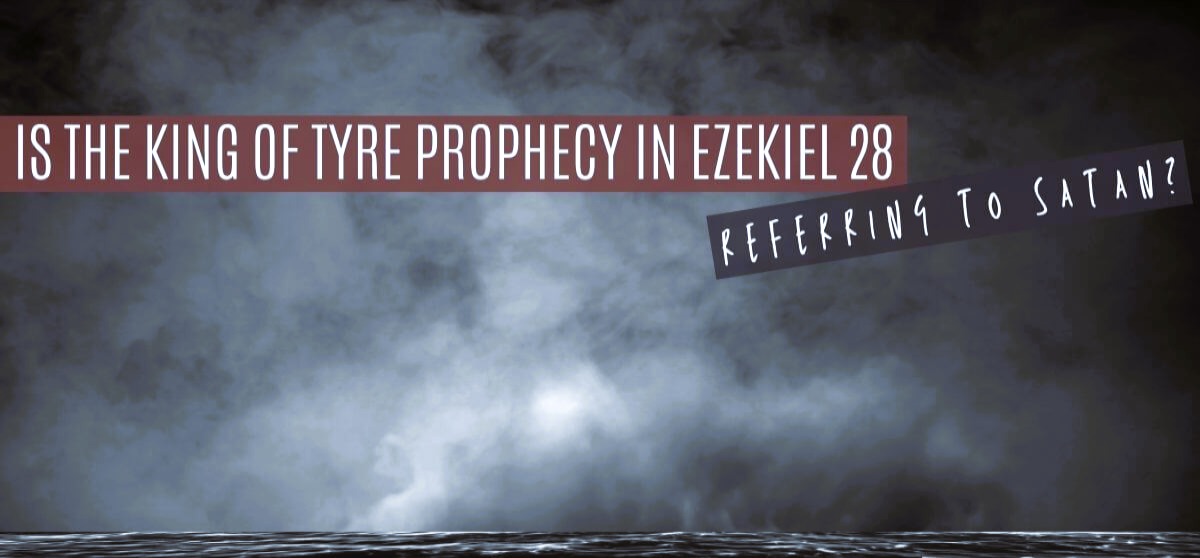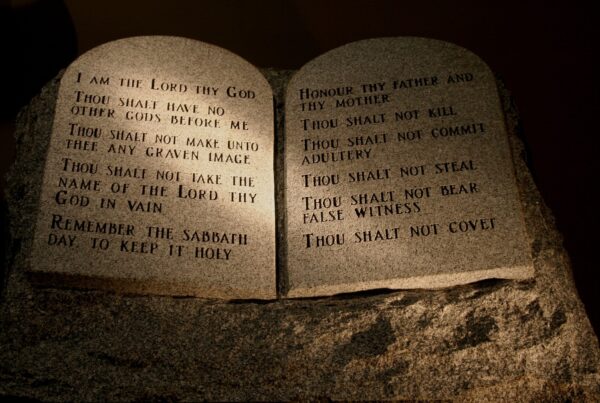Title: The Prince and the King of Tyre – A Deeper Look at Ezekiel 28:1–19
Introduction:
Ezekiel chapter 28 is a fascinating and often misunderstood passage. At first glance, it may seem like one continuous judgment directed at one individual. However, upon closer examination, we discover that God is addressing two separate figures: one, a human ruler—the Prince of Tyre, and the other, a spiritual being—referred to as the King of Tyre, who many believe to symbolically represent Satan himself.
This Bible study will walk through verses 1–19, showing the distinction between these two, and drawing out powerful lessons for our own lives. While this is a prophecy of judgment, it also serves as a warning against pride, and it reveals deeper spiritual truths about the nature of Satan’s fall and influence.
—
Part 1: The Prince of Tyre (Verses 1–10)
The first ten verses of Ezekiel 28 deal with the Prince of Tyre, a man who ruled over the wealthy and powerful city of Tyre. In verse 2, God says to Ezekiel:
“Because your heart is lifted up, and you say, ‘I am a god, I sit in the seat of gods, in the midst of the seas,’ yet you are a man, and not a god, though you set your heart as the heart of a god.”
This clearly identifies the prince as a human being, though he sees himself as a god due to his wealth, wisdom, and power. His pride is the central issue. He believed that his success and wisdom were self-made, and that mindset brought the judgment of God upon him.
Verses 7–8 reinforce his humanity:
“Therefore behold, I will bring strangers against you, the most terrible of the nations; and they shall draw their swords against the beauty of your wisdom, and defile your splendor. They shall throw you down into the Pit…”
This is a key distinction. God says foreign nations will attack him, draw swords, and throw him into a pit. These are physical actions taken by people—things that cannot be done to Satan by human armies. Nowhere in the Bible do we see nations physically rise up with swords against the devil. Satan’s ultimate judgment comes directly from God, not from men.
This section is clearly speaking about a real person—a prideful ruler who exalted himself like a god, and who faced destruction because of it. This part of the prophecy serves as a sobering warning to us today: No matter how high we rise or how successful we become, pride always precedes a fall. We are never gods—we are always dependent on the one true God.
—
Part 2: The King of Tyre (Verses 11–19)
In verse 11, there is a noticeable shift. God instructs Ezekiel to “take up a lamentation for the king of Tyre.” This title, “king”, seems to go beyond a human ruler. As the description unfolds, it becomes evident that this is no ordinary man.
In verse 13, we read:
“You were in Eden, the garden of God…”
This alone sets this figure apart. According to Scripture, only four beings were in Eden: God, Adam, Eve, and the serpent—Satan. No earthly king of Tyre could possibly have been in Eden. So we’re no longer talking about a man—we’re talking about a spiritual being.
Verse 14 says:
“You were the anointed cherub who covers; I established you; you were on the holy mountain of God…”
This describes an angelic being, not a human. The term “cherub” is a rank of angel found elsewhere in Scripture. Satan, before his fall, was a high-ranking angel, often believed to be the most beautiful and powerful of all. Isaiah 14 and Revelation 12 confirm that Satan once held a lofty position in heaven before pride led to his downfall.
Verse 15 continues:
“You were perfect in your ways from the day you were created, till iniquity was found in you.”
This aligns perfectly with what we know about Satan’s fall. He was created perfect, but pride and rebellion entered his heart. He desired to overthrow God’s throne, and as a result, he was cast out of heaven. According to Revelation 12, Satan also led a third of the angels astray with him.
Verse 17 says:
“Your heart was lifted up because of your beauty; you corrupted your wisdom for the sake of your splendor…”
This again emphasizes that pride, beauty, and self-exaltation were the root causes of his fall. Just like the human Prince of Tyre, this King exalted himself—but on a cosmic level.
So what’s really happening in this passage?
God is first speaking to the human ruler of Tyre, and then He lifts the veil and addresses the spiritual power behind the throne—Satan himself. The human prince reflects the arrogance of the devil, and Satan used that pride as a foothold to destroy him. It’s a powerful example of how Satan often works behind the scenes, influencing world leaders and systems with the same spirit of pride that led to his own fall.
—
Conclusion:
Ezekiel 28:1–19 gives us a two-fold revelation:
1. The Prince of Tyre was a real, prideful man who exalted himself and was brought low.
2. The King of Tyre, revealed in verses 11–19, is a symbolic and spiritual reference to Satan, the anointed cherub who fell from heaven due to pride.
This passage serves as a warning against pride, a reminder of Satan’s nature and tactics, and a call to humility and surrender before God. The same spirit of pride that led both the prince and the king to destruction is still active today—but God gives grace to the humble.
Let us take this message to heart and walk humbly with our God, recognizing that all power, wisdom, and beauty come from Him—and that apart from Him, we are nothing.




